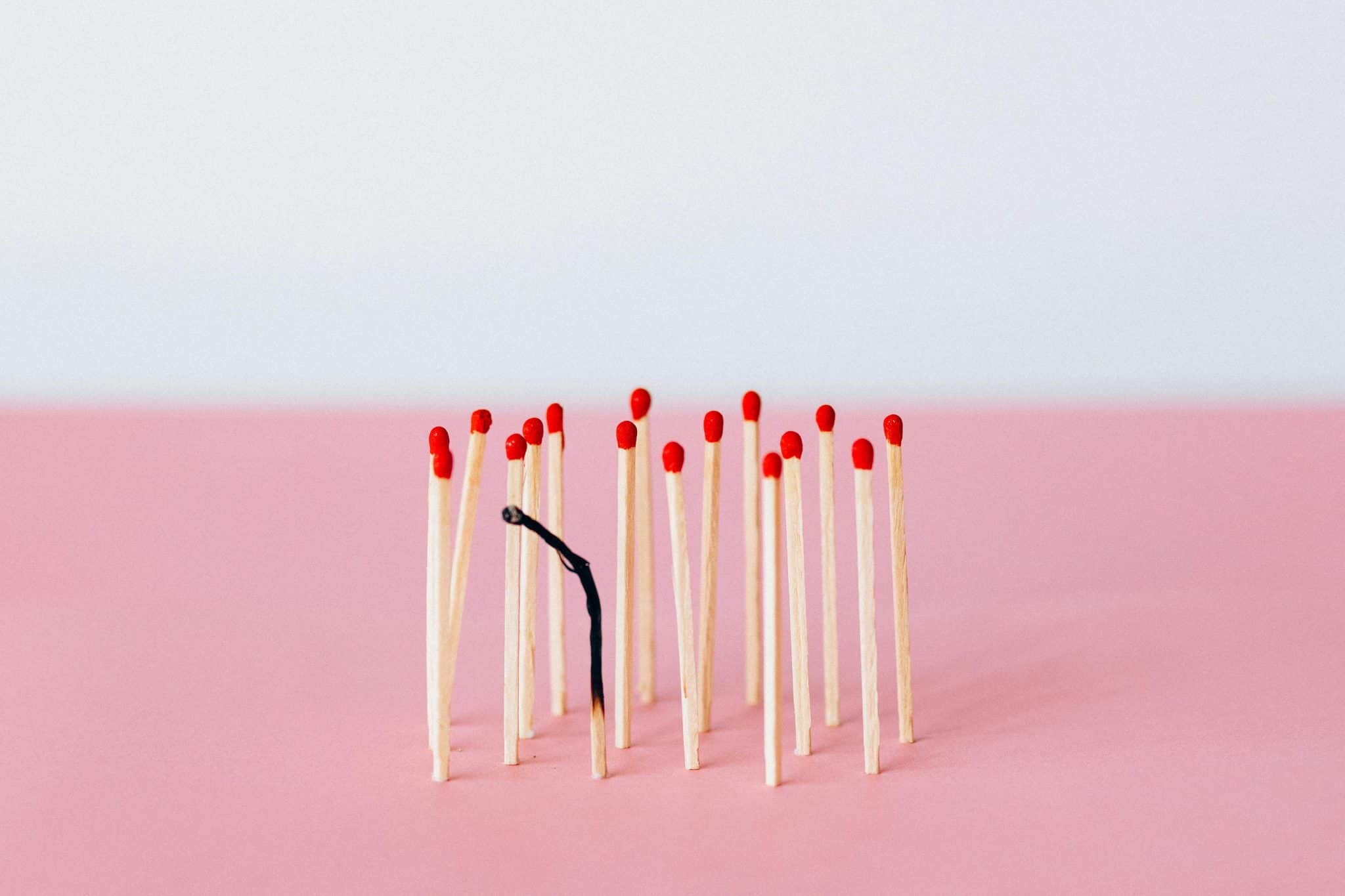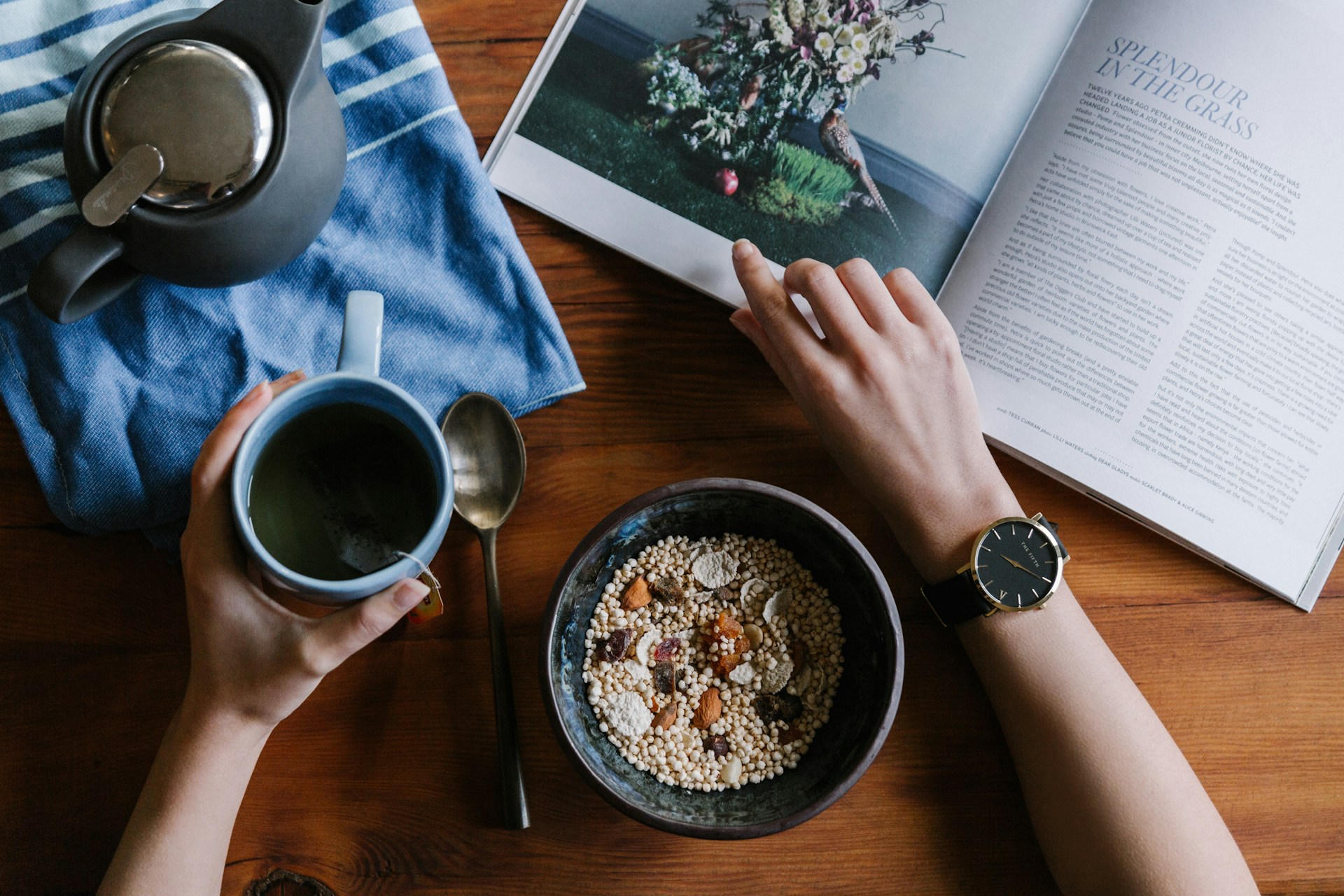Sleep Hacks: The Do’s and Don’ts of Better Sleep

How to get better sleep
When it comes to my pursuit of more blissful mornings and getting more sleep, I’ve certainly had my slew of FAIL moments (like thinking going to bed 2 hours before my girlfriend was going to last), but I‘ve also come out the other side having learned a thing or two. I even built a texting buddy named Emile to help implement some of my wisdom.
So here are my DO’s and DON’Ts for using sleep to live a more intentional life:
DO: Figure out how much sleep you need.
Setting out to overhaul my sleep schedule after college started with realizing I needed more sleep. Or did I? How could I know? The official recommendation is between 7-9 hours. That’s a huge window! I had to narrow it down, but I was slightly wary of finding out how much sleep I needed. If it was anything like my weekend “sleep number” (often 10 hours or more), was I simply doomed to lose years of consciousness I couldn’t get back? Did I even want to know? Lucky for me, my exsleepstential crisis came at a time when I was freelancing and could afford a flexible schedule. So I ditched my alarm just to see what would happen. Turns out I’m not a lifelong sloth. Within a few weeks, I was consistently waking up naturally after about 8 hours.
DO: Set a bedtime goal
Once I knew how much sleep I needed, I sketched out my ideal schedule. For me, I’d ideally be up by 7:30am, so an 11pm bedtime gives me 8 hours plus 30 minutes to fall asleep. Figure out how much sleep you need, decide when you want to wake up, sprinkle in some math, and boom- you’ve got your bedtime goal.
DON’T: Forget to wind down
It’s worth mentioning here that some people have a lot easier time falling asleep than others. For me, falling asleep is a delicate process that requires a significant amount of time to wind down. For my girlfriend, falling asleep is her body’s natural reaction to reaching the halfway point of that indie movie we’ve been really excited to watch together. Don’t fool yourself into thinking you can work right up until your bedtime. Trying to fall asleep when your mind isn’t ready might actually result in getting LESS sleep if it takes too long to drift off.
DO: Set up a reminder before your bedtime
I get a reminder from Emile every night an hour before my bedtime (I got my 11:30 pm bedtime goal 6 times last week so this week my goal is a slightly harder 11:20pmx6). I take the reminder pretty seriously and treat it as a hard stop. For me that typically means, laptop away, phone charging (outside of my bedroom), do my evening bathroom routine, a bit of reading, and head to bed.
DON’T: Rely on your willpower alone, stupid
I’m sorry I called you stupid. We’re all stupid when it comes to how optimistic we are about turning our habits around on a dime. When I first decided I wanted to get to bed earlier, I did pretty well for my first few weeks. Then the inertia of my past habits started creeping in and I started slipping. Shifting a habit requires proactive maintenance and a curiosity about the habit’s mechanisms. I had to ask myself “what was I doing at 10:30 that kept me from winding down?” “What can I tweak that makes me more likely to get my goal?” “What might make it easier to snap out of a downward spiral and shift into ‘get to bed’ mode?” Here’s some of the stuff that’s made the biggest difference for me:
- Freedom: Keeps me off time-wasting sites around bedtime.
- Not eating food before bed: Grumbling hinders slumbering.
- Amazon Echo Dot: Makes it easier to enjoy music/podcasts in my room without bringing other, more time-wasting devices in.
- Exercise: Never slept better than after a crazy workout day.
- Headspace on Sleep: A mixed review of this. Their single track for falling asleep was useful. Their 30-day meditation track on sleep didn’t seem to have a huge impact.
- Weaning myself off of caffeine: None after 3 pm, and I’m down to about a cup of coffee a day.
- Exercise: I’m including exercise twice because of how effective it’s been at helping me fall asleep faster.
- Phone and laptop chargers stay out of my bedroom: Keeps my bedroom a screen-free space.
DO: Be reasonable with yourself about reinventing your sleep schedule
Overhauling your sleep schedule is not gonna happen over night. Ha. My co-founder Naz and I built Emile because so many products/advice out there were way to idealistic and hard to stick to. I couldn’t find anything that could deal with the ebbs and flows of my life while helping me march my bedtime earlier on a regular basis. My weekly sleep goals on Emile are customized to be challenging but reasonable so I don’t get disheartened.
DON’T: Get caught up in the “honeymoon”
As with all new personal goals, be wary of the “honeymoon” stage. The first few weeks of excitement will make you underestimate how hard it is for old habits to die. If your ideal bedtime is 10pm but you’re getting to bed around midnight. Be reasonable– try to get to bed by 11:45pm 3 times this week and go from there. You’re much more likely to succeed if each week is just a slight change over the week before. (And you’re much less likely to give up after the honeymoon stage is over.)
DON’T: Be afraid to call in the pros
If you’re doing everything you can and still feeling tired during the day. It’s worth considering whether or not you have an undiagnosed sleep disorder or other health problem contributing to your fatigue. I’m not a doctor. Heck, I don’t even play one on TV. So yeah, don’t be afraid to call in backup.
Since I embarked on my sleep-hacking journey, I can honestly say my relationship with sleep has vastly improved. I always get enough sleep, and woke up without an alarm today at 8:30! I’m still not at my ideal wake-up time, but that’s a huge improvement over the sloth days when my sleep schedule was unstable and caused me to wake up way too late.
Everyone’s relationship with sleep is different, but there’s a lot we can learn from each other. So, give these tips a try and see how you can improve your productivity and quality of life with better sleep!
This week’s post is brought to you by Charlie Molthrop. Charlie has spent the past year building these DO’s and DON’Ts into Emile, a helpful text message program for managing your sleep schedule. Seeing some of these tips work for other Emile users has convinced him that a little bit of thinking and planning upfront can drastically improve your sleep habits.



